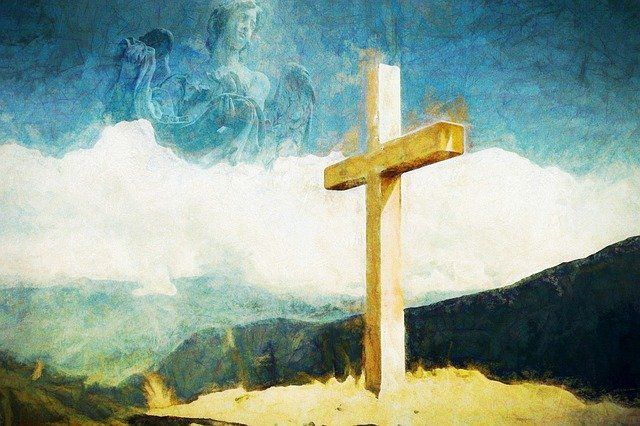Blaise Pascal maintained that ‘The most weighty proofs of Jesus are the prophecies’. One of the most significant prophecies is in Psalm 110, which is quoted more often in the New Testament than any other psalm.
Written by King David, this psalm presents the Messiah (Jesus) to us as King (vv. 1-3), Priest (v. 4), and Judge (vv. 5-7). But we usually manage to miss many other points that the psalm makes concerning the Lord Jesus Christ. Hence it is useful to look at how the New Testament treats this psalm.
A risen victor
Firstly, the fact that Psalm 110 begins ‘The Lord said to my Lord’, shows that the Messiah is not only the Son of David but the Lord of David (Matthew 22:41-46). As man, the Messiah (Jesus) was a descendant of David, but as God, he is David’s Lord.
Jesus is therefore the second Lord in the first verse of the psalm. The psalm begins with God the Father (in Hebrew Jehovah; in Greek Kurios) speaking to God the Son (in Hebrew Adonai; in Greek Kurios). It is for this reason — Christ’s divine Sonship — that he is declared to be above all the angels (Hebrews 1:13).
Secondly, the psalm shows us that Christ is ascended to the right hand of the Father: ‘Sit at my right hand’ (Psalm 110:1; Acts 2:33-35). This was not true of the author David, but it was true of the one about whom David was writing.

After his triumphant resurrection from the dead, Christ returned to the glory whence he had come. The Father had vindicated the Son, and exalted him as Lord of all. His victory is complete and will be shown to be so when he raises his blood-bought people from the dead (1 Corinthians 15:25-26).
A perfect priest
Thirdly, the fact that the Messiah is said to be ‘a priest forever according to the order of Melchizedek’ (Psalm 110:4) shows the perpetuity of his priesthood — unlike the Mosaic priesthood where the priests were removed by death (Hebrews 7:15-17).
God has even put himself on oath that this is so (Hebrews 7:20-21). What the priests ‘according to the order’ of Levi could not do, the priest ‘according to the order’ of Melchizedek has done. The consequences will be seen for all eternity.
Fourthly, that Christ sat down at the right hand of God shows that his work is perfect and complete (Hebrews 10:11-13). This is in contrast to the Old Testament priests who stood to offer repeated sacrifices which could never take away sins (rather like the priests today in Roman Catholicism who repeatedly offer mass for the sins of the people).
It is not only the gist of Scripture that is inspired, as if we could be content with the assurance that its general tenor is accurate. Rather, every word in Scripture is ‘breathed out’ by God.
That is why the New Testament can refer so many times to Psalm 110, and draw so may deep and varied lessons from its seven short verses.






